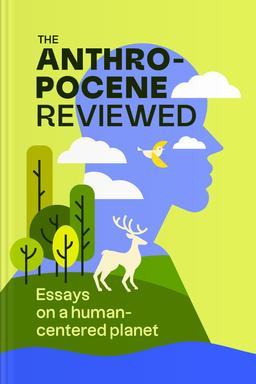23 Best Books About Human Nature and Behavior
Why is it important to read books on human nature?
Why do people save, kill, forgive, take revenge, love, and hate? Some point to emotions, others to hormones. Some blame childhood experiences, others the environment. What people do and how they make decisions can never be fully understood. Yep, that's right. You can never 100% understand people and their actions, but at least you won't always be disappointed by some people's behavior forever.
Now, emotional intelligence is valued almost as much as accurate and practical knowledge. But that's not too surprising. To function as a society, we need to understand and respect each other. The best books on human nature can help us learn about each other's inner worlds, feelings, thinking, worldviews, and motivations.
Work involves communicating with people and building both short-term and long-term relationships. Different situations call for different strengths. That's why it is necessary to understand your strengths and weaknesses so you can develop competitive advantages and achieve better results.
Knowing your positive character traits allows you to develop and deepen them. Understanding your negative tendencies is also essential, as it helps you be more cautious, control yourself during tough moments, or even work on changing these patterns.
Today, plenty of tools exist for determining a person's character traits. The US alone has about 2,500 different tests. Two popular systems are used to determine a person's character traits, namely the Myers-Briggs Type Indicator (16 types) and the Enneagram (9 types). If you want to learn more about these, check out book summaries on them with the Headway app.
Best books on human nature
Psychology books about this topic appeal to non-specialists because we want to understand others better. We want to grasp their desires and motivations, figure out how they behave, learn how to communicate with them, and improve our interactions.
Psychology provides answers to almost all of these questions. Books provide practical methods, and sometimes even exercises, that teach people how to reduce stress and tension. They also help people cope with their emotions, respond appropriately to others' emotions, communicate productively with colleagues, and boost self-esteem.
Here, you can find the top books on human nature, which are helpful for both specialists and those interested in understanding the depths of the human mind.




